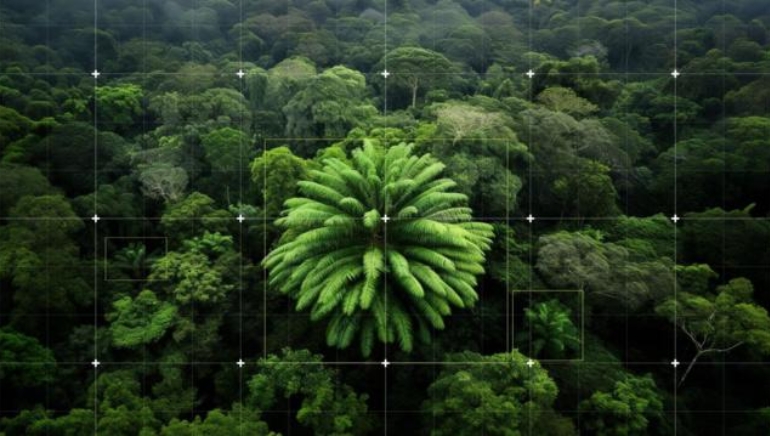An endangered male plant, Encephalartos woodii (E. woodii), known as the world’s loneliest plant, is being partnered with a female mate using artificial intelligence. The University of Southampton is leading the initiative, looking for E. woodii in South Africa, where the lone known specimen was discovered. All of the present members are male clones who cannot reproduce naturally.
Dr. Laura Cinti, the project’s leader, is employing drones and artificial intelligence to find a female E. woodii. She claimed that the E. Woodii story moved her and reminded her of a well-known tale of unrequited love. She is optimistic that there was a female somewhere and plans to reestablish this plant through natural reproduction.
The only known E. woodii was discovered in the Ngoye Forest in 1895. All propagated samples are male clones, which prevents natural reproduction. Drone imaging of the forest, analysed by AI, has covered less than 2% of the 10,000-acre plot. According to Dr. Cinti, they are using a recognition algorithm to recognise plants by shape.
The forest has never been properly investigated to locate a female. The species is still propagated at the Royal Botanical Gardens in Kew, London, and is known as the “world’s loneliest plant.”















